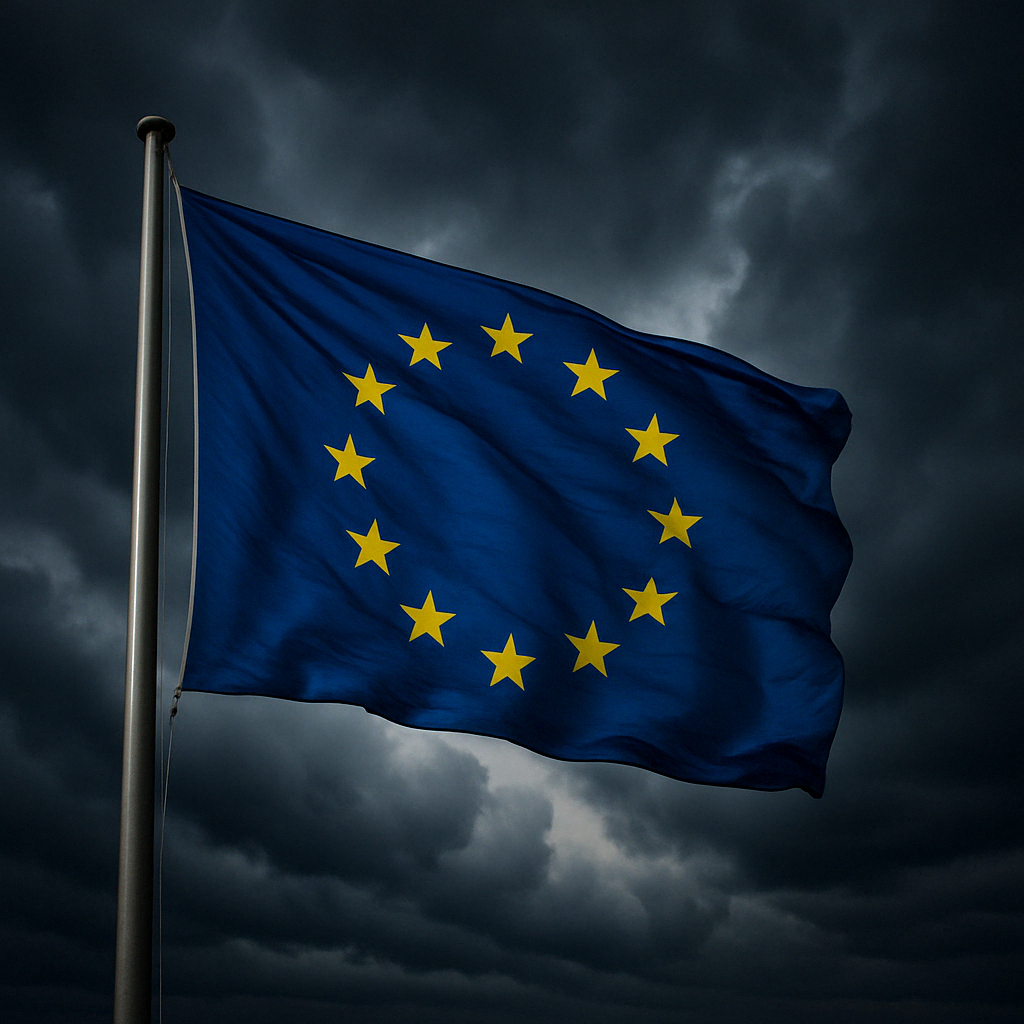Europe is stirring from a long geopolitical slumber. For decades security was outsourced, mainly to Washington. With Donald Trump’s return to the White House and mounting uncertainty over America’s future role in Europe, the time for strategic hesitation has passed. The continent must now take ownership of its security, or risk being caught unprepared in an increasingly hostile world.
Trump’s Return: The Wake-Up Call Europe Didn’t Want, But Needed
Trump’s re-election in 2024 wasn’t just a political shockwave in the US, it sent ripples through every foreign ministry in Europe. His previous disdain for NATO, transactional approach to alliances, and public threats to withhold defence commitments are still fresh in the minds of European leaders. Now, those worries are no longer hypothetical. Even before Inauguration Day, the message was clear: Europe should not bank on automatic American protection. And, frankly, it shouldn’t have taken Trump to drive that home.
Germany Finally Steps Up
Berlin, long criticised for dragging its feet on defence, has suddenly found a sense of urgency. In March 2025, Germany approved a €1 trillion spending package — including €500 billion for infrastructure and significant investment in defence and climate resilience. Crucially, it exempts defence spending from restrictive borrowing rules. In short: the era of hiding behind the debt brake is over.
Chancellor-in-waiting Friedrich Merz has pushed this shift with surprising confidence. He knows Germany cannot afford to remain strategically passive in a world where American guarantees look increasingly shaky. For a country often accused of caution, this is nothing short of a pivot.
Climate and Security: Two Sides of the Same Coin
Germany’s move is not just about tanks and warplanes. Over €100 billion of the package is allocated to climate-related infrastructure, a signal that Berlin sees the climate crisis as a national security issue, not just an environmental one. This is rightly so. Energy insecurity, environmental breakdown, and migration pressures are already destabilising regions around Europe’s borders. Investing in clean, resilient infrastructure isn’t a luxury, it’s a shield.
France Has the Vision, But Can It Deliver?
President Macron has been banging the drum for European strategic autonomy for years, but turning rhetoric into reality has proved harder. His calls for a “European pillar” of NATO and even a pan-European nuclear deterrent have often been met with polite nods, and little action.
France may have the political will, but trust is an issue, especially among Eastern European countries wary of anything that might weaken NATO. Without broader buy-in, Paris alone can’t carry the weight of Europe’s security ambitions.
Building Europe’s Arsenal Together
Meanwhile, the European Commission has launched its Defence Industrial Strategy — a wonky but vital step toward making the EU a serious player. It promises streamlined procurement, shared capabilities, and a coordinated defence market. If member states commit to it (a big if), it could finally turn fragmented spending into real strategic clout.
Europe’s defence challenge isn’t just about money, though. It’s about mindset. For too long, the EU has been allergic to hard power, preferring regulatory influence and soft diplomacy. That’s no longer enough. A Europe that wants to shape the world must also be ready to defend itself in it.
The Roadblocks: Unity, Strategy, and Political Will
Strategic autonomy remains a fuzzy concept. For some, it means reducing dependency on the US; for others, it’s about building a fully independent EU defence identity. The ambiguity doesn’t help. Then there’s the politics. Big spending plans don’t come cheap, and fiscal hawks across the continent are already grumbling. But Europe faces a choice: spend now to shape its future or spend later to salvage its sovereignty. Only one of those is a strategy.
Autonomy Is Not Isolation
This isn’t about abandoning America. It’s about preparing for a world where Washington is no longer the default answer to every European security problem. Strategic autonomy isn’t anti-American — it’s pro-European. Europe’s window to act is narrow.
Trump’s return has jolted the continent into action, but the real test is whether it follows through once the headlines fade. The spending plans are promising. The rhetoric is bolder. But the question remains: will Europe finally back its words with sustained commitment? If it does, the 2020s might go down as the decade Europe finally grew up.



